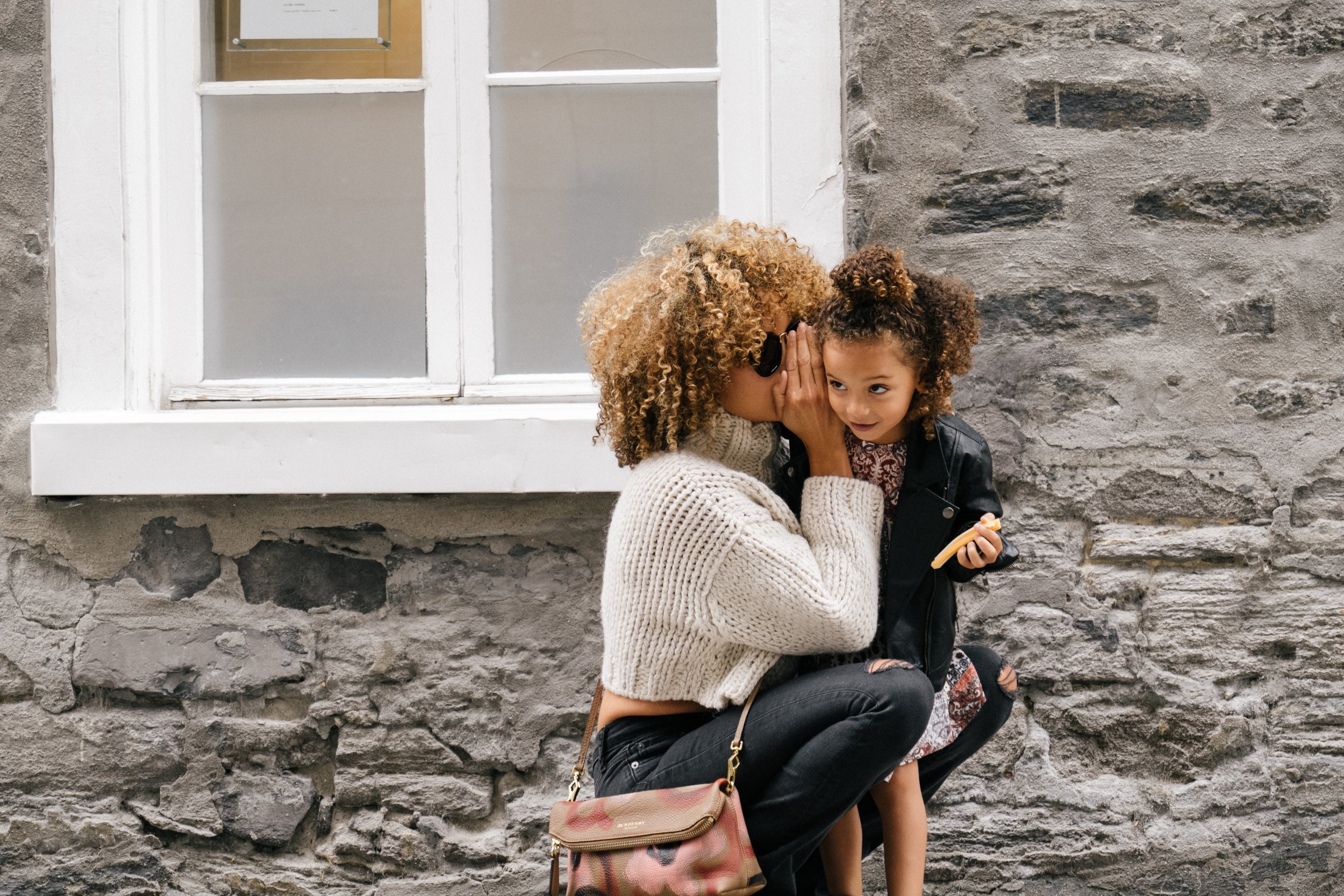Ugh! I am having problems talking to my kid! Ways to improve communication with children and teens
Photo by Karolina Grabowska
Erika Torres, LMSW (she/her), is a compassionate clinician with a dedication to promoting justice and healing. With extensive training in Cognitive Behavioral Therapy, Dialectical Behavioral Therapy, domestic violence, sex trafficking, and more, Erika brings a wealth of knowledge and experience to her clients. She specializes in working with individuals, teens, adults, and families in transition, providing essential support and guidance for those seeking a path to healing and growth.
Nedgé Antoine, LCSW-LP (she/her), is a dedicated clinician, embodying the role of a peace and healing conduit. Her approach centers on meeting clients where they are and guiding them toward transformation, emphasizing the importance of shifting mindsets and perceptions. Nedgé’s has an extensive background in therapeutic services which complements her practice. She specializes in working with individuals, teens, and emerging adults, offering expertise in life transitions, life coaching, relationship issues, and family functional therapy. Her multilingual capabilities in English and Haitian Creole ensure she can connect with a diverse range of clients. With a wealth of experience as a director of mental health professions, family functional therapist, and clinical social worker, Nedgé is a compassionate advocate, supporting her clients through life’s challenges and transitions with skill and empathy.
Improving communication with children and teens is essential for fostering healthy relationships and supporting their development. It is not easy to do with busy schedules, long work days and long commutes. There are not enough hours in the day to be the kind of parent we want to be. And let’s be real, sometimes our kids get on our nerves! Especially when they are having growth spurts or when teens are going through the individuation process (when they begin to get a sense of themselves in the world separate from you) they can be hard to talk with. Here are some strategies that can help enhance communication:
Active Listening: Pay close attention to what your child or teen is saying, and show genuine interest in their thoughts and feelings. Avoid interrupting and give them your full attention when they want to talk.
Open and Non-Judgmental Environment: Create a safe and non-judgmental space where children and teens feel comfortable expressing themselves without fear of criticism or punishment. Encourage them to share their thoughts and emotions without the fear of negative consequences.
Empathetic Responses: Show empathy by validating their emotions. Let them know you understand how they feel, even if you don't necessarily agree with their perspective. This can help them feel heard and supported.
Photo by Sai De Silva
Be Patient: Understand that children and teens may need time to process their thoughts and feelings. Be patient and give them space to express themselves at their own pace.
Ask Open-Ended Questions: Instead of asking yes/no questions, pose open-ended questions that encourage them to elaborate and share more about their experiences. For example, ask, "How was your day?" instead of "Did you have a good day?"
Use Positive Reinforcement: Acknowledge and praise their efforts when they do communicate effectively. Positive reinforcement can encourage them to share more in the future.
Set Aside Quality Time: Make an effort to spend quality time with your children and teens. Engage in activities they enjoy and use these moments to connect and communicate naturally.
Family Meetings: Establish regular family meetings where everyone has the opportunity to discuss important topics, share concerns, and make decisions together. This can help ensure that everyone's voices are heard.
Teach Problem-Solving Skills: Encourage children and teens to express their concerns and work together as a family to find solutions to problems or conflicts.
Model Good Communication: Children and teens often learn by example. Model effective communication in your own interactions with family members and in your relationships with others.
Remember that improving communication is an ongoing process that requires patience and persistence. Each child or teen is unique, so it's important to adapt your approach to their individual needs and preferences. Modeling good communication within the family will lead to better understanding of each other and hopefully more harmonious relationships.
Written By Erika Torres, LMSW (she/her) & Nedgé Antoine, LCSW-LP (she/her)


